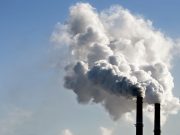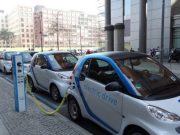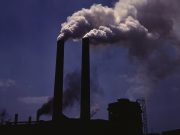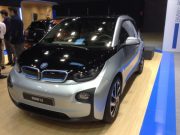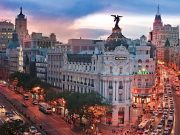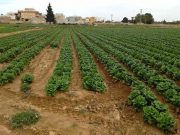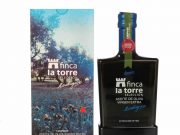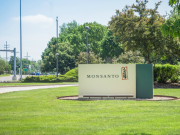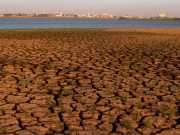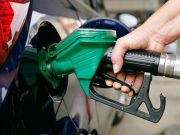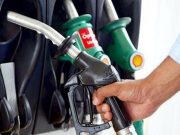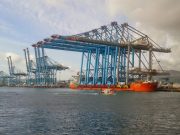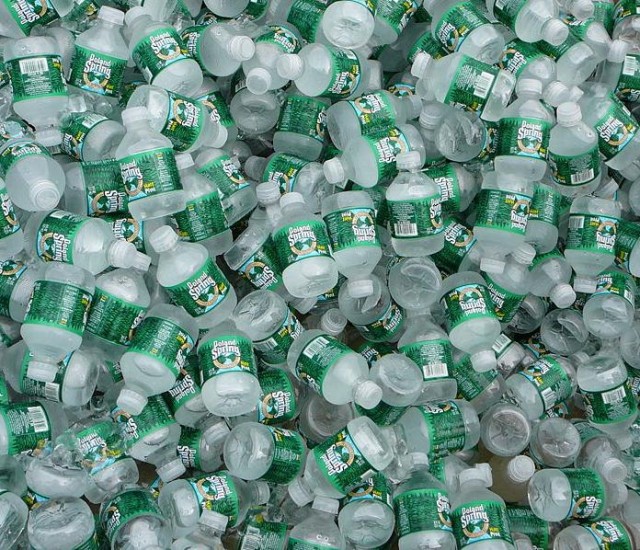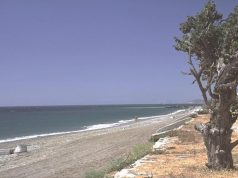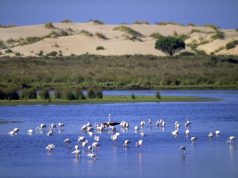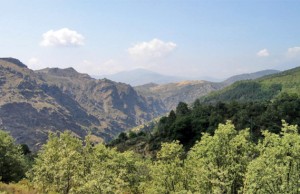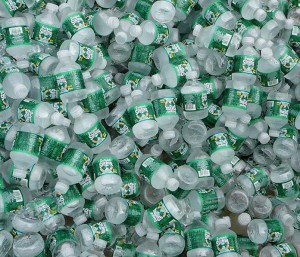
MANY of us consider ourselves eco-friendly, recycling plastic bottles, buying organic food and keeping the heating down to 20 and the air con at below 25 degrees. But there are a lot of myths and hidden truths about climate change and plenty that needs explaining. Here are a few home truths for you to mull over.
Which is worse for the environment: Central heating or air conditioning?
A few summers ago, the Japanese government agreed to work without collars and ties in an effort to use less air conditioning. But, interestingly they did nothing about the heating in winter, confident that cold air used more energy than hot air.
How wrong could they be. For hot air, in fact, usually emits more C02 than cold air.
Producing one kw/hr of cold air emits between 150 and 325 grams of CO2, in comparison to between 201 and 650 grams for hot air. And in terms of keeping your carbon footprint down, steer clear of electric radiators, which emit between 450 and 650 grams of CO2 per kw/h, with natural gas boilers emitting around 201 and oil boilers emitting 264.
Which is worse for the environment, a plastic bottle or a glass one?
It is generally believed that glass is less damaging but this is not always the case. Glass is produced from sand extracted from quarries. Javi Puig, of Ecovidrio, explains: “Glass is a mineral and does not change its chemical composition, or alter its content in the environment.” The consequence of this is that although the same glass bottle can be used repeatedly without causing any environmental damage, once you throw it away things change and it takes centuries to biodegrade.
It also worth noting that clear glass contaminates the environment and only coloured, green and topaz bottles can be produced from recycled glass. And furthermore the energy needed to recover the glass from one bottle requires three times as much energy than a plastic bottle.
Alberto Caldeiro, technical director of Cicloplas, a plastic-recycling company, said that plastic melts at 250 degrees centigrade and is then ready to be made into a new bottle. Glass melts at a temperature three times as high.
China is more than doing its bit
China has been heavily criticised for its power stations and rapid development, but it is actually doing a lot to work towards sustainability. Indeed, last year China tripled its production of solar energy, generating 35 per cent of the world’s overall total and converting it into the sector’s primary producer.
On top of that it installed more wind turbines in 2007 than every country apart from Spain and America. By next year it is estimated that China will have the capacity to produce 19.500 MW/hr a year, the same amount of energy that is generated by all the wind turbines installed globally in 2007, according to Gamesa, a company that sells wind turbines in Asia.
And finally, China has developed a national plan that 15 per cent of its energy will come from renewable sources by 2020.
Organic food is not always environmentally–friendly
The organic sections of supermarkets promise that eating healthily is eating organically. But it’s not that simple. Organic means that it has not been treated with chemicals, fed with toxic fertilisers or protected with synthetic fertilisers.
It guarantees that dairy produce does not contain preservatives, that animals eat natural grass and that seeds are not genetically modified. The product is clean in its production. But this does not necessarily ring true in getting it to the consumer.
Look closely at most supermarkets and the organic section is like a microcosm for the rest of the world. At one I recently visited in Madrid, the apples came from Northern Italy, the yogurt from France, the onions in their plastic tray and cling film (hardly very good for the environment) from Egypt, and the carrots are from Holland.
These products have travelled collectively 8400kms before they get to your mouth. Transport signifies an unecessary use of oil, possible contamination and a higher price. The main solution is to buy from the producers who live nearest to you.

